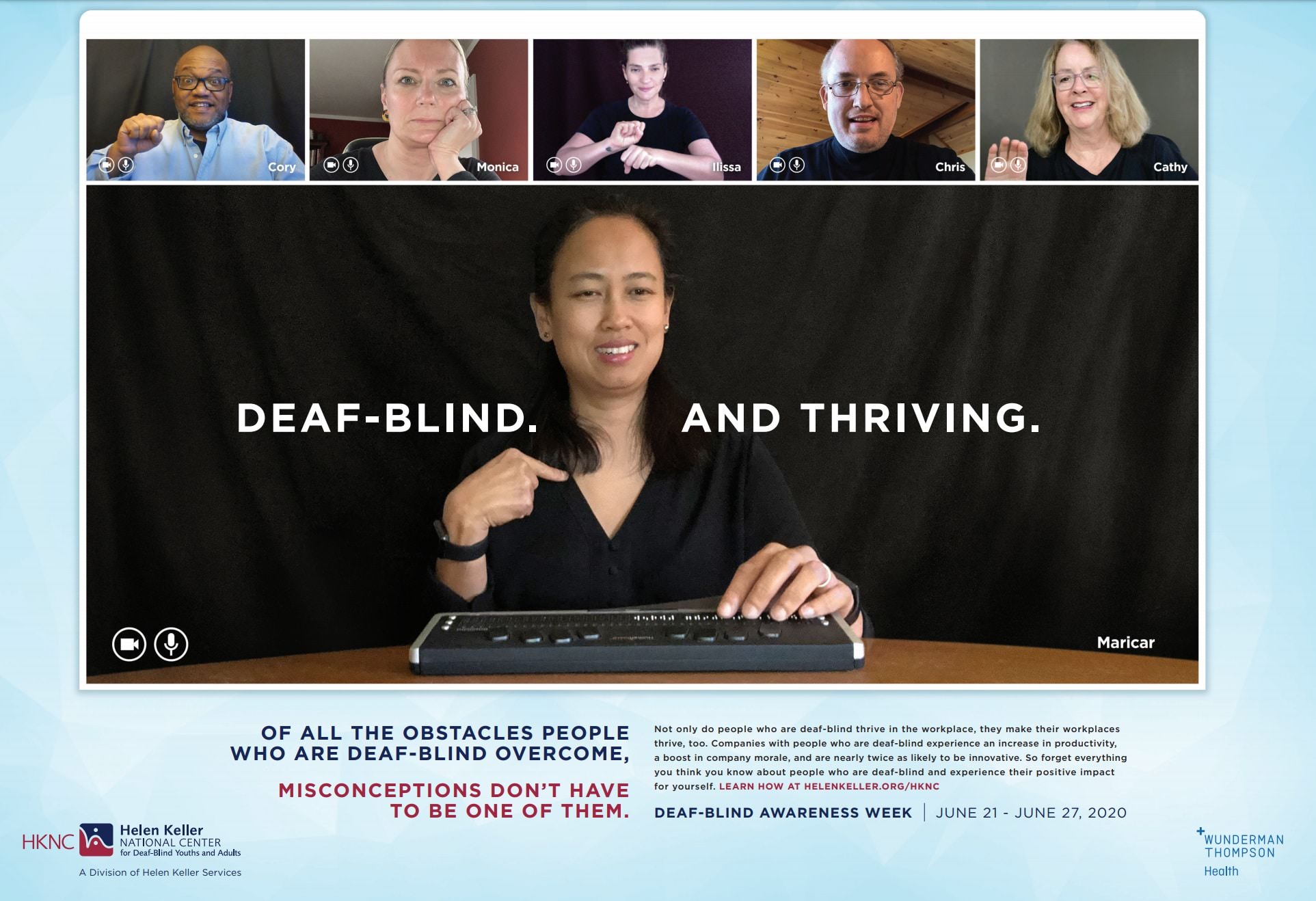Helen Keller’s life, work, and mission have made a huge difference to those with disabilities. As one of the first deaf-blind Americans, she proved that no disability should stop a person from living their best life.
Next week marks the 140th birthday of Helen Keller (born June 27, 1880). Keller, recognized as one of the 20th century’s leading humanitarians, has a special place in American history as an educator, advocate for the blind and deaf, and co-founder of the American Civil Liberties Union (ACLU).
An illness at the age of 2 left Keller blind and deaf. Working with her teacher, Anne Sullivan, she made incredible strides with her ability to communicate, and later attended Radcliffe College (becoming the first deaf-blind recipient of a Bachelor of Arts degree).
She would later become a well-known celebrity and lecturer, sharing her experiences with audiences, and working on behalf of others living with disabilities. A strong advocate in support of improving the welfare of people who are blind, Keller also would champion numerous social and political issues, including women’s suffrage, pacifism, and socialism.
Keller’s life and accomplishments are celebrated each year during Helen Keller Deaf-Blind Awareness Week. The week runs June 21-27, and is designed to raise awareness about deaf-blindness and highlight the contributions of those in the community.

This year’s theme is “Deaf-Blind. And Thriving.” The message, according to the Helen Keller National Center for Deaf-Blind Youths & Adults, stresses that of all the obstacles people who are deaf-blind overcome, misconceptions don’t have to be one of them.
“Not only do people who are deaf-blind thrive in the workplace, they make their workplaces thrive, too,” the center says. “Companies with people who are deaf-blind experience an increase in productivity, a boost in company morale, and are nearly twice as likely to be innovative.”
The center offers a few suggestions on how to celebrate the week, including:
- Recognizing business owners and corporations who have hired people who are deaf-blind or provided some type of “work experience” in the community,
- Notifying your local elected officials and asking them to consider a proclamation declaring June 21 to June 27, 2020, as Deaf-Blind Awareness Week.
- Promoting the week and/or special events on social media channels.
VITAC is proud to support Helen Keller Deaf-Blind Awareness Week. We stand strong by our commitment to provide accessible communications to all, and look forward to the day when accessible content is the standard.




